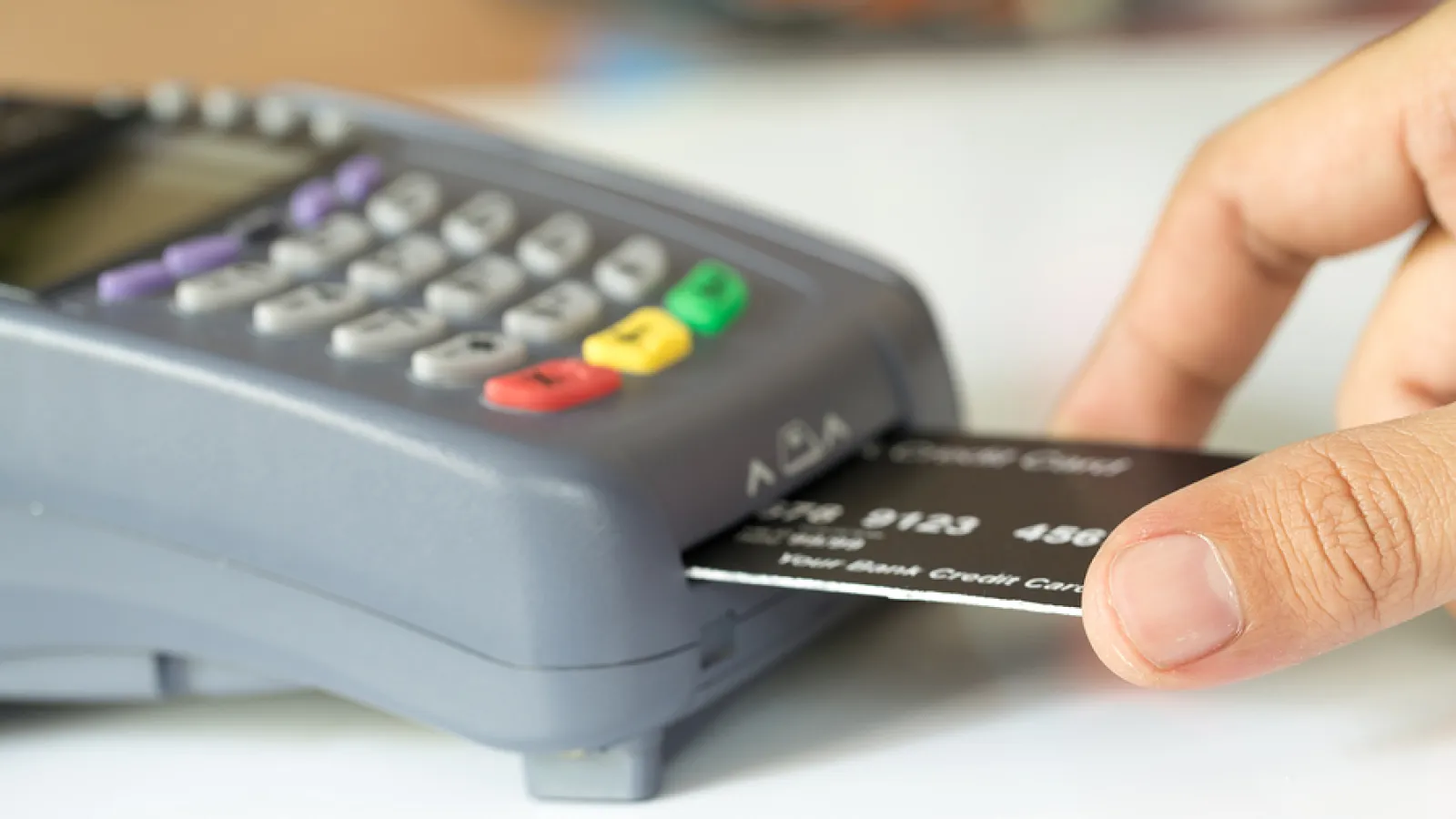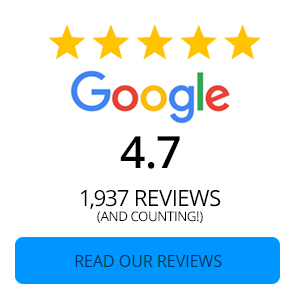That small, metallic square on the front of your credit card is now a standard feature, but many people still have questions about it. If you've ever wondered, "what is the chip on a credit card called?" or "what does the chip on a credit card do?", you're in the right place. This technology is a critical security feature that protects your financial information every time you "dip" to pay.
Let's break down everything you need to know about this powerful little piece of technology.
What Is the Chip in a Credit Card Called?
The chip on your credit card is officially called an EMV chip. EMV stands for Europay, Mastercard, and Visa, the three companies that originally developed the technical standard for this technology. While other countries adopted this standard years ago, it became the norm in the U.S. around 2015 to combat rising credit card fraud. Today, the answer to "do credit cards have chips?" is a resounding yes - it is the global standard for secure in-person payments.
What Does the New Credit Card Chip Do?
The primary purpose of an EMV chip is to secure your in-person transactions. It's a major upgrade from the old magnetic stripe on the back of cards.
Magnetic Stripe (The Old Way): The magnetic stripe stores your static, unencrypted payment information (like your card number). When swiped, this data is transmitted directly to the retailer. If a criminal were to steal this data, they could easily create a counterfeit "clone" of your card.
EMV Chip (The Secure Way): Instead of static data, the EMV chip functions like a mini-computer. When you insert your card into a reader, what the new credit card chip does is create a unique, one-time-use transaction code (also called a token or cryptogram). This code is used to approve the purchase. Even if a fraudster intercepted this code, it would be useless for making any other purchases, as it expires after a single use.
This dynamic data encryption makes it incredibly difficult for criminals to create counterfeit cards from stolen transaction data.
Common Questions About Credit Card Chips (FAQ)
Here are answers to some of the most frequently asked questions about credit card chip technology.
How to tell if your credit card has a chip?
It's easy to tell if your credit card has a chip. Simply look at the front of your card. You will see a small, metallic square, typically gold or silver in color, about the size of a thumbnail. This is the EMV chip.
Why do some credit cards have bigger chips?
You might notice that the visible chip size can vary slightly from card to card. However, the actual micro-processing chip beneath the metallic contact plate is incredibly small on all cards. The visible part is just the contact point that connects to the card reader. Variations in size are purely cosmetic or due to different manufacturing standards and do not impact the chip's security or functionality. So, why do some credit cards have bigger chips? It's simply a design choice by the card issuer.
What if my credit chip is not accepted?
Occasionally, you may run into a situation where your credit chip is not accepted. This can happen for a few reasons:
The Terminal is Faulty: The store's card reader may be broken or not yet configured for chips. In this case, the machine will usually prompt you to swipe your card's magnetic stripe instead.
Your Chip is Dirty or Damaged: The chip's contact points can become dirty. Try gently wiping the metallic square with a soft, dry cloth. If it's scratched or damaged, you may need to contact your card issuer for a replacement.
Temporary Glitch: Sometimes a simple re-insertion will fix the problem.
Nearly all chip cards still include a magnetic stripe as a backup payment method for these situations.
Do Chips Stop All Fraud?
No. While EMV chips are extremely effective at preventing in-person counterfeit fraud (when a criminal tries to use a cloned card at a store), they don't stop all types of fraud. For example, the chip offers no protection for online or over-the-phone transactions where you manually enter your card number. It also won't stop a criminal from using your physical card if it's lost or stolen. That's why it's still crucial to monitor your statements and report a lost or stolen card immediately.
Your Security Is Our Priority
The EMV chip is a powerful tool that adds a critical layer of security to your daily transactions. Understanding how it works empowers you to protect your financial information more effectively.
At Coosa Valley Credit Union, we are committed to providing you with the most secure banking tools available. If you have more questions about credit card security or want to explore our card options, explore our secure credit card offerings today and bank with confidence.

